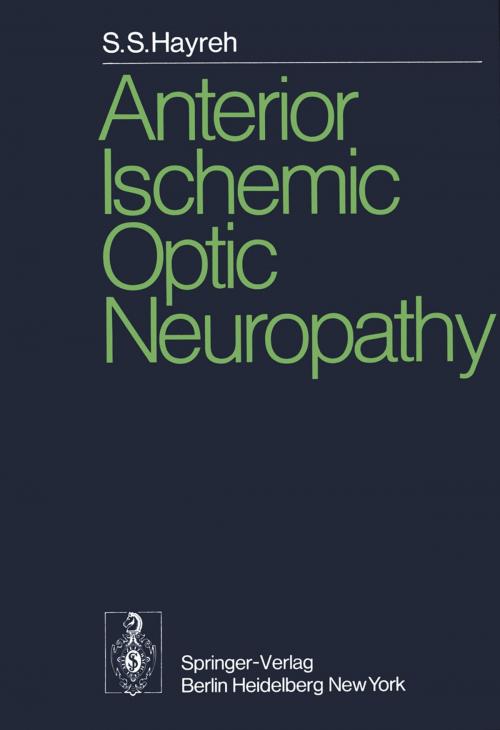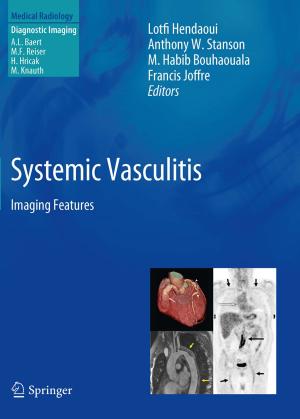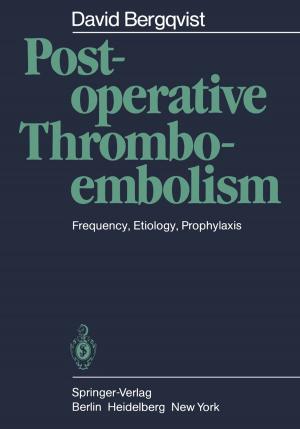Anterior Ischemic Optic Neuropathy
Nonfiction, Health & Well Being, Medical, Specialties, Ophthalmology| Author: | S.S. Hayreh | ISBN: | 9783642659577 |
| Publisher: | Springer Berlin Heidelberg | Publication: | December 6, 2012 |
| Imprint: | Springer | Language: | English |
| Author: | S.S. Hayreh |
| ISBN: | 9783642659577 |
| Publisher: | Springer Berlin Heidelberg |
| Publication: | December 6, 2012 |
| Imprint: | Springer |
| Language: | English |
"No attainment is ever final" Vascular disorders of the optic disc and nerve are important not only to the ophthalmologist but also to the neurologist and the internist. To the first specialty group they represent one cause of blindness or severe visual impairment; to the second group the optic disc edema and optic atrophy seen in these disorders can pose serious problems of diagnosis, or give indica tions of the involvement of the cerebral circulation; while to the last group they are frequently indicative of systemic disease, particularly of the cardiovas cular system. Recent advances in our knowledge of the blood supply of the optic nerve head have shed a significant new light on the subject. With the recent advent of fluorescein fundus angiography, an extra dimension has been added to the study of the ocular and optic disc circulations, and we have entered into a new era in the understanding of ocular vascular disorders "in vivo". In the pre-angiography era, postmortem injection studies, although very valuable, did not completely reveal the vascular pattern of the optic disc in the living, in health, and disease. The ophthalmoscope, without doubt, has been valuable in assessing optic disc lesions, but could not give us informa tion on the circulation of the eye and optic disc "in vivo".
"No attainment is ever final" Vascular disorders of the optic disc and nerve are important not only to the ophthalmologist but also to the neurologist and the internist. To the first specialty group they represent one cause of blindness or severe visual impairment; to the second group the optic disc edema and optic atrophy seen in these disorders can pose serious problems of diagnosis, or give indica tions of the involvement of the cerebral circulation; while to the last group they are frequently indicative of systemic disease, particularly of the cardiovas cular system. Recent advances in our knowledge of the blood supply of the optic nerve head have shed a significant new light on the subject. With the recent advent of fluorescein fundus angiography, an extra dimension has been added to the study of the ocular and optic disc circulations, and we have entered into a new era in the understanding of ocular vascular disorders "in vivo". In the pre-angiography era, postmortem injection studies, although very valuable, did not completely reveal the vascular pattern of the optic disc in the living, in health, and disease. The ophthalmoscope, without doubt, has been valuable in assessing optic disc lesions, but could not give us informa tion on the circulation of the eye and optic disc "in vivo".















